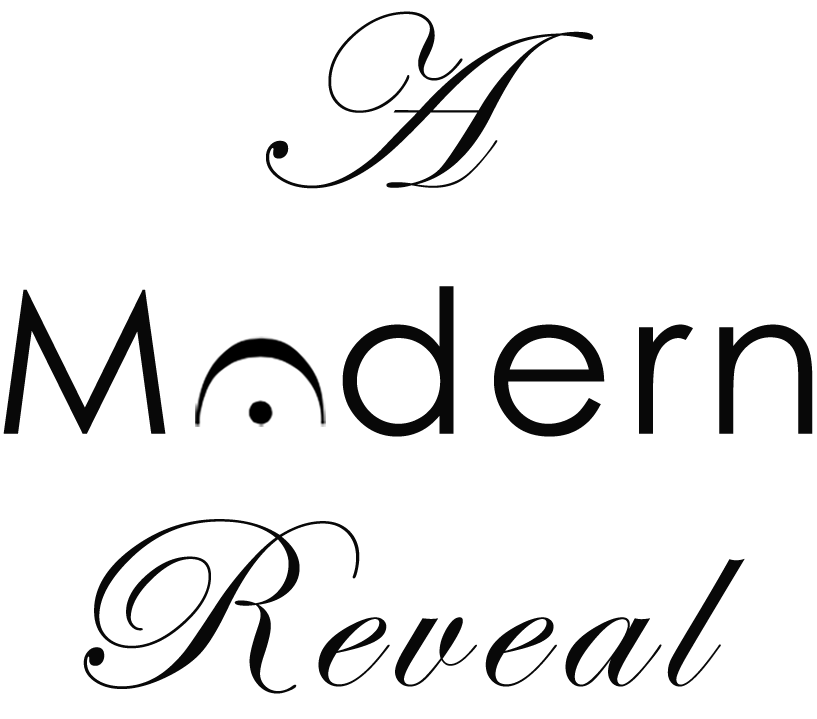BIOGRAPHY MUSIC SOURCES
Gabrielle Delphine Ugalde (née Beaucé ) was born in Paris and began to study piano and voice with her mother and with tenor, Théodore-François Moreau-Sainti. Her grandfather was a guitarist, her father was a music seller, and she had a brother, Henry, and a sister who were also performers. As a soprano, she debuted at the Opéra Comique in Auber’s Le Domino noir in 1848 and sang a number of roles over a four-year time period. After performing a number of successful roles, she sang at the prestigious Paris Opéra in Roberto le diable and Il Trovatore. In 1858 she joined the Théâtre Lyrique, successfully singing Mozart and Gounod operas with colleagues, Pauline Viardot, Caroline Carvalho, and Marie Sasse.
Regarding Ugalde’s success as a performer, Michael T. Brown wrote in his 2018 thesis:
“Delphine Ugalde’s enduring success as a singer seems to have been tied not just to vocal prowess, but to her ability to present highly engaging stage performances. Her ability to play a wide variety of characters onstage became the chief asset in her performing, even as she may have been dealing with vocal difficulties. Her most memorable roles seem to have either been witty male characters, as in the case of Gil-Blas and Roland, or female characters who refuse to adhere to the expectations laid upon them, as in the case of Galathée.”
A serious stage accident in 1861 slowed Ugalde’s trajectory for serious opera and she gravitated to singing operettas at the Théâtre des Bouffes-Parisien, a comic opera company, founded by Offenbach. She debuted two of her own works there: La Halte au moulin in one act with 3 roles in 1871 and Seule, a one woman show portraying both female and male characters, in 1873. Before retiring from singing, Ugalde and her second husband, François Varcollier, had become co-directors of the Bouffes-Parisiens.
In 1878, Ugalde’s Vingt melodies, dedicated to her friend and colleague, Pauline Viardot, premiered at the Salle Erard, a well-known recital hall. Many of the songs highlighted female characters and Ugalde was very specific about which voice type should perform each song.
In an 1876 letter, Viardot kindly accepted the dedication by writing:
“My dear Madame Ugalde, You cannot doubt the great pleasure with which I accept the dedication of your beautiful mélodie l’Ange des douleurs.”
Ugalde’s daughter, Marguerite, born in 1862, sang as a mezzo-soprano with the Opéra Comique, but never achieved the degree of success her mother had. Ugalde’s granddaughter, Jeanne, later became an actress.
In 1885, Ugalde continued as a director, which was met with both success and harsh criticisms. She chose to retire after 3 years and focus her energies on teaching, composing and writing a memoir. Her final full-length operetta, Le quatre fils d’Aymon, was never performed. Towards the end of her life, she struggled with blindness.

